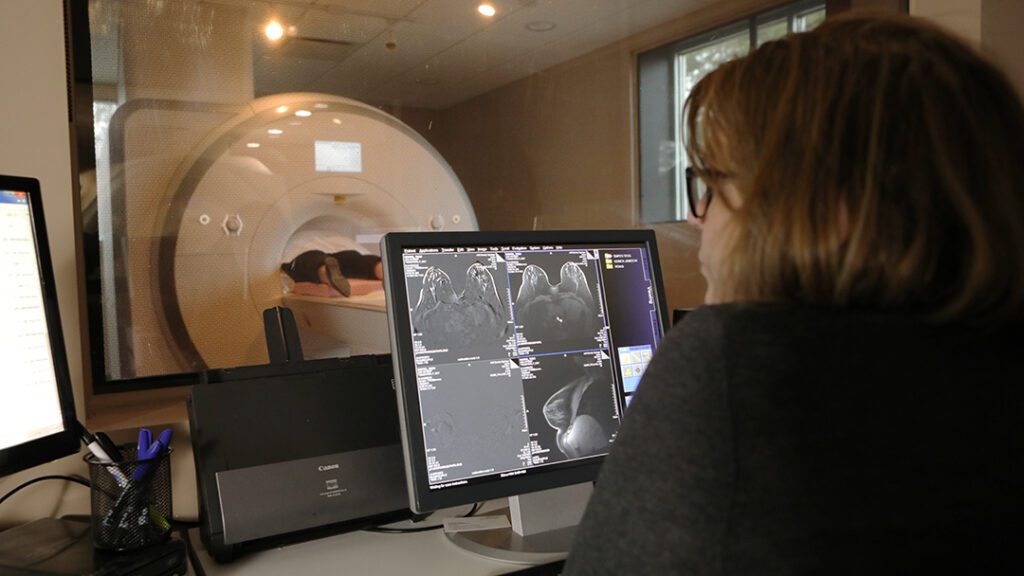Did you know that, in 2019, U.S. Congress directed the Food and Drug Administration to require providers to include breast density information in mammogram reports? Although many states already require providers to do this, the new law will require all health care providers, no matter where, to let you know if your mammogram reveals dense breast tissue. That report may include details such as:
• How your breast density can obscure breast cancer on a mammogram
• How a radiologist interprets the findings of your mammogram
• The importance of patient/doctor communication about the presence of dense breast tissue and how it will inform breast health care moving forward
Understanding Your Mammogram
The information about your breast density that you receive in your mammogram report will give you a better understanding of how high your risk is for breast cancer. Your breast tissue may be divided into one of the following four categories: fatty, scattered, heterogeneously dense or extremely dense. If your breasts are determined to be dense, that means they are either heterogeneously dense or extremely dense.
The denser your breasts are, the higher your risk of developing breast cancer. And because dense areas appear as white spots on your mammogram in the same way that tumors do, breast density can make it more difficult to identify cancer through a mammogram alone. In this case, additional testing may be required. According to the American Cancer Society, women who are at high risk for breast cancer should receive a breast MRI in addition to their yearly mammogram.
Next Steps: Accelerated Breast MRI
American Health Imaging (AHI) offers Accelerated Breast MRI, also known as abbreviated breast MRI, which is a quick, painless scan that can give your provider enhanced insight into your breast health—and give you peace of mind.
An Accelerated Breast MRI is able to provide images with greater detail than a mammogram alone. This means that your provider may be able to detect breast cancer during earlier stages when it is easier to treat.
The cost of an Accelerated Breast MRI exam is $450. That’s 65% lower than a traditional breast MRI at the hospital. If your doctor recommends you have a breast MRI, you have a choice about where to have the exam done. An Accelerated Breast MRI is a covered expense for most HSA accounts, and we proudly offer Care Credit for customers without a Health Savings Account.
Request an appointment at AHI if you are interested in having breast screenings in addition to your mammogram.[/fusion_text][/fusion_builder_column][/fusion_builder_row][/fusion_builder_container][fusion_global id=”83270″]
